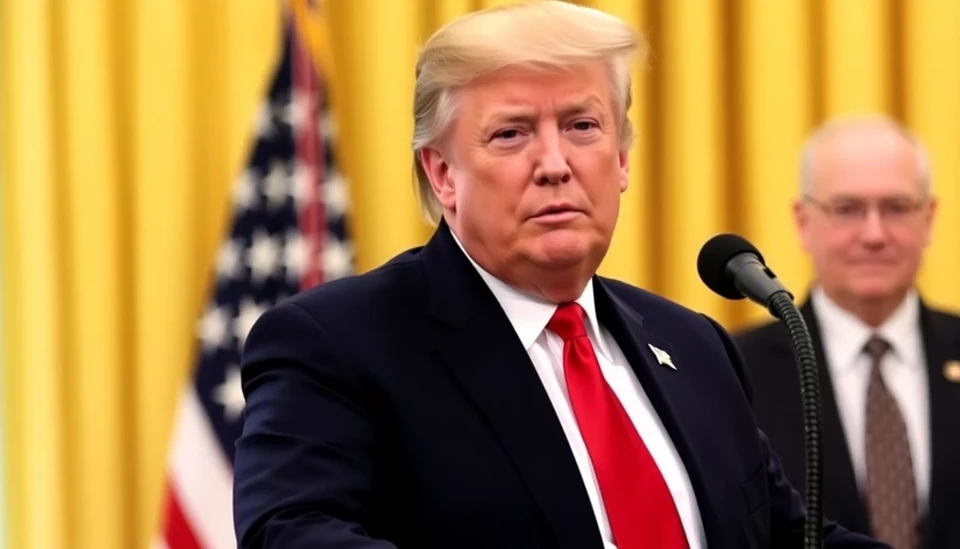
In a recent announcement, former President Donald Trump made waves by promising a set of reciprocal tariffs aimed at bolstering American trade and protecting domestic industries. Despite the gravity of the proposal, Trump refrained from offering specific details on which goods would be affected or the exact implementation timeline. His remarks, delivered during a high-profile event, signal a potential shift in the trade landscape as the 2024 presidential campaign heats up.
Trump's approach seems to echo his earlier presidency, during which he introduced tariffs on goods from various countries, sparking debates on trade practices and international relations. With a focus on prioritizing American interests, Trump asserts that reciprocal tariffs will level the playing field by imposing similar tariffs on imports from countries that have previously targeted American products with high duties.
Industry analysts have expressed mixed reactions to Trump's announcement. Some support the idea of protective tariffs to shield U.S. manufacturers from foreign competition, while others warn that such strategies could provoke trade wars, potentially leading to retaliatory measures from other nations and increased prices for consumers.
This announcement comes at a crucial time when the U.S. economy is grappling with inflation pressures and ongoing supply chain disruptions. Trump’s potential return to tariff policies could either be seen as a risk to ongoing economic recovery or a much-needed revitalization of U.S. industry, depending on one’s perspective.
As the 2024 election cycle approaches, Trump’s campaign appears focused on economic nationalism, positioning himself as a defender of American jobs against globalization. His supporters are likely to rally behind his promises, emphasizing the need for tough stances on international trade. Conversely, critics may highlight the potential economic repercussions that could arise from a return to aggressive tariffs.
Ultimately, the lack of specifics in Trump's proposal raises questions regarding its feasibility and potential impact. Stakeholders from various sectors are left speculating about the potential changes and preparing for a future where tariffs could play a more prominent role in U.S. trade policy.
As Trump continues to solidify his platform, the implications of his proposed reciprocal tariffs will undoubtedly be a hot topic in the upcoming political discussions. Observers will closely monitor how these developments unfold, especially their potential to reshape U.S. trade relations with key partners around the globe.
#Trump #Tariffs #TradePolicy #Economy #2024Election #USTrade #EconomicNationalism
Author: Daniel Foster




